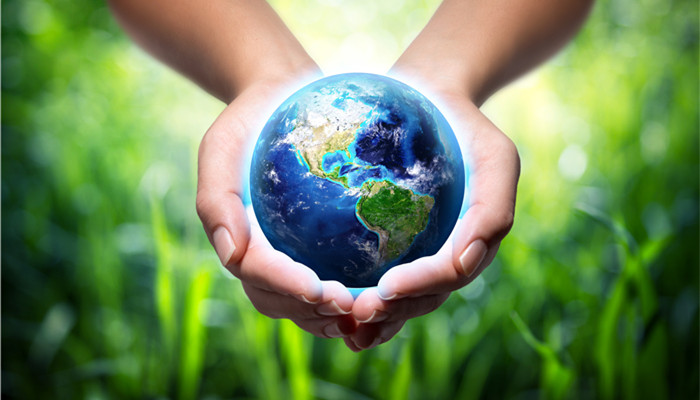
In the context of carbon neutrality and carbon peak strategies, bio-based polycarbonate has broad application prospects.
Common production raw materials for bio-based polycarbonate include bio-based monomer isosorbide (ISB), bio-based derived bisphenol A, isoidide, catalysts, etc. According to the “2023-2028 China Bio-based Polycarbonate Industry Market In-depth Research and Development Prospects Forecast Report released by the Industrial Research Center It shows that bio-based polycarbonate-related manufacturers include Japan’s Teijin, Japan’s Mitsubishi Chemical, Korea Research Institute of Chemical Technology (KRICT), etc. Among them, Japan’s Mitsubishi Chemical is the first company to successfully commercialize bio-based polycarbonate.
Bio-based plastics refer to polymer materials with plastic properties that are directly synthesized from biological or other renewable resources. In recent years, the world has paid increasing attention to the development of the bio-based plastics industry, especially in Europe and the United States. Under the guidance of relevant policies and standards, the bio-based plastic industry has developed rapidly, with an increasing number of product categories, including bio-based polycarbonate, bio-based polypropylene, bio-based polyamide, etc. Some products have achieved commercial production and large-scale application.
Bio-based polycarbonate is a type of bio-based plastic. As an environmentally friendly bio-plastic, bio-based polycarbonate can replace traditional petroleum-derived polycarbonate. In the context of carbon neutrality and carbon peak strategies, bio-based polycarbonate The ester market has broad room for development.
Polycarbonate (PC) is a high molecular polymer widely used in packaging, automobiles, medical, aviation, construction and other fields. In 2022, the production capacity of my country’s polycarbonate industry will exceed 3.2 million tons. Related production companies include Shenma Group, Luxi Chemical, Wanhua Chemical, Cangzhou Dahua, etc. my country is a major producer and consumer of polycarbonate, and there is huge room for substitution of bio-based polycarbonate.
At present, domestic bio-based polycarbonate-related companies and research institutions include Ningbo Zhetie Dafeng Chemical Co., Ltd., Fengyuan Biochemical Co., Ltd., Ningbo Institute of Materials Technology and Engineering, Chinese Academy of Sciences, Institute of Process Engineering, Chinese Academy of Sciences, etc.
The national key R&D project “Preparation and Industrialization of Low-Cost and High-Performance Bio-based Polyesters and Polycarbonates” is led by Zhu Jin’s team at Ningbo Institute of Materials Technology and Engineering, Chinese Academy of Sciences. It is mentioned that based on bio-based monomers and new Monomer development of bio-based polycarbonates such as PIC and PCIC, and full-chain research from monomers and polymers to back-end applications. In the future, with in-depth research and technological breakthroughs, my country’s independent supply capacity of bio-based polycarbonate is expected to increase.
Industry analysts said that bio-based polycarbonate has the advantages of being green, non-toxic, environmentally friendly, and degradable, and is carbon neutral. , Carbon peak strategy background, bio-based polycarbonate will accelerate the replacement of petroleum-based polycarbonate in the fields of packaging, construction, medical, aviation, automobiles and other fields, and the industry development prospects are very broad. At present, global bio-based polycarbonate production capacity is mainly distributed in Japan, South Korea and other regions. In the future, with my country’s technological breakthroughs, the independent supply capacity of bio-based polycarbonate will also increase.

 微信扫一扫打赏
微信扫一扫打赏

